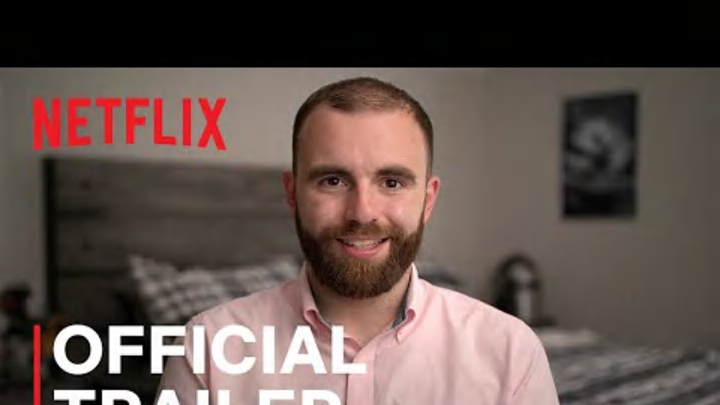This week wraps up Exceptional Individuals Week, and the third week of Autism Awareness Month. Netflix couldn’t have picked a better time to launch Season 3 of Love on the Spectrum, which has earned a spot in Netflix’s top 10 shows since its release on April 4th.
Is Love on the Spectrum a kid-friendly dating show?
Love on the Spectrum is much like a typical reality match-making show, but one feature sets it apart from others that you may be familiar with– it spotlights young adults with varying levels of Autism Spectrum Disorder. The show is light-hearted and quite humorous, as many of the cast members say exactly what they’re thinking with no filter. This behavior is common for children and adults with autism, as they receive social cues differently than neurotypical individuals. This trait is also what makes their personalities so intriguing (and perfect candidates for reality TV).
What is also unique about this dating show is the presence of parents in guiding the cast member decisions. Family support is essential for many of these young adults to assure their safety, talking through important relationship issues, and to advise for the emotional awareness needed in the dating world.
Love on the Spectrum’s TV-14 rating is fair
The show is rated TV-14, and rightfully so. You’ll want to decide if your child is mature enough to handle the content for the possible lessons they can learn about neurodivergence and accepting differences in others.
Sex and nudity:
Sex is referenced frequently, but not graphically, and full nudity is not something you have to worry about. The most physical content that you will see is kissing. This is reasonable for a dating show, and probably appropriate for most teens 14 and up. There is a comical scene where one character makes an animation to explain to her partner that she is ready to “do the do”, but no nudity is shown in that either.
Violence:
There is no violence in this show, only love and brutal honesty!
Language:
The profanity used is probably the main reason for the TV rating. There is a mild amount of language, including the f-word. This language is quite common in reality TV, especially in dating shows where cast members can get quite emotional about their experiences.
Drinking and Drugs:
Since the cast members are of-age, there is bound to be drinking at social gatherings, but there is no behavior too far out of hand related to drinking. You won’t have to worry about other drugs either!
The verdict:
While Love on the Spectrum makes room for some amazing discussion about representation and what life can be like for young adults with disabilities, it is best to have those conversations with your young child without having them watch the show with you. Pay attention to the friends and classmates that your young child talks about, because my daughter has often referred to students whose brains work differently. These can be great moments to talk about showing respect regardless of differences, and helping curious minds understand what disabilities are and how they can impact people in different ways.
With your older kids, 14 and up, Love on the Spectrum would be great to watch if they are already into other dating and reality shows. Otherwise, they may not be too interested in the content. Love on the Spectrum does have a raw and authentic feel to it compared to some other dating shows.
If your kids don’t care much for romance, it may still be worth mentioning at the dinner table or in the car. For example, you can say, “I was watching this show on Netflix, and had no idea how difficult it could be for someone with autism to date or get married. Have you noticed any stigmas at school?” Your child may already have some great insight into students with disabilities, or may need more guidance with approaching neurodivergent students in class and social settings.
While parental guidance is highly suggested, watching Love on the Spectrum with your teen could be a very enjoyable and fun experience, as you get to watch these different personalities come together and get a glimpse of audio clips that are dominating socials right now.
Watch season 3 of Love on the Spectrum on Netflix.
